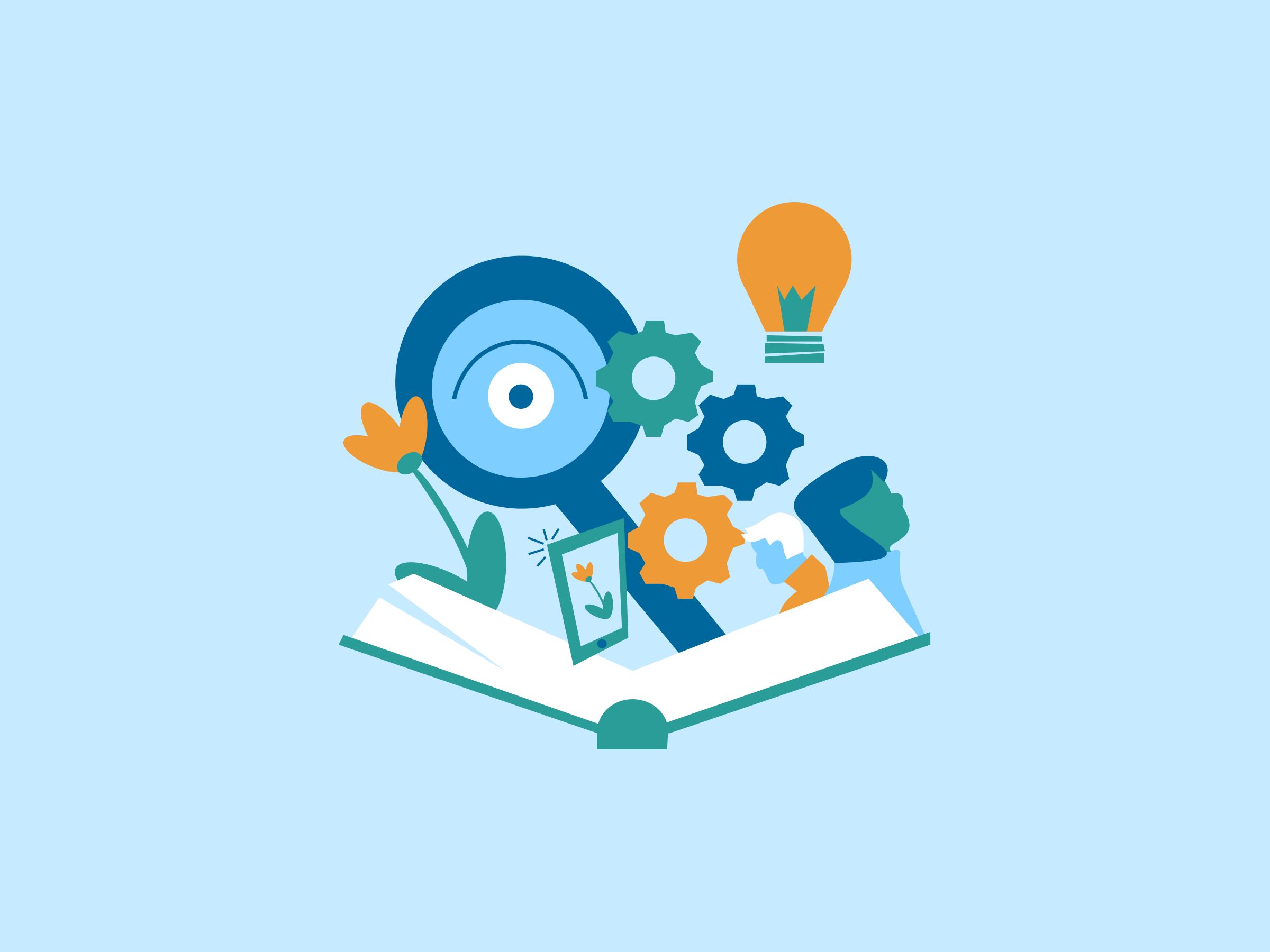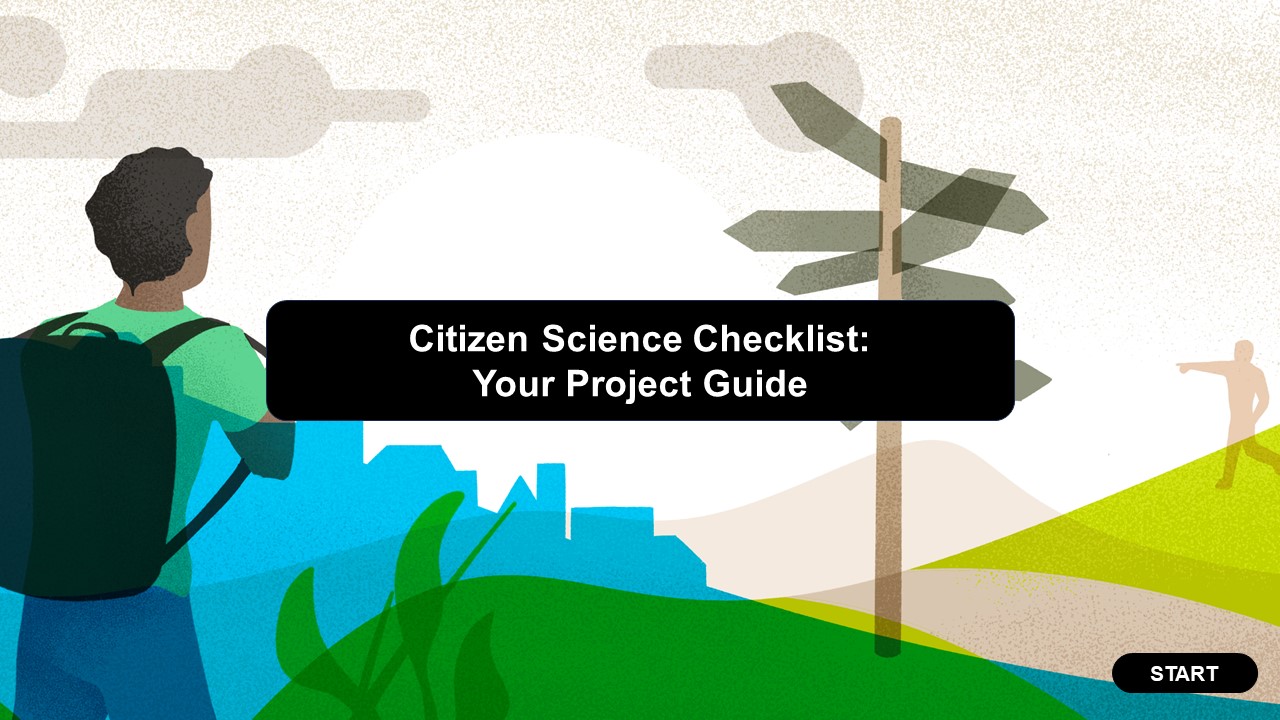A look back at our Open House 2024
Yesterday, we opened the doors of our office and invited our community to this year's Open House. In addition to a brief input, exciting project pitches and various activities, the event also offered plenty of space for in-depth discussions and an exchange of experiences.
It was a rainy afternoon when the first guests arrived at Kurvenstrasse 17 shortly after 4 pm. Our office was soon filled with people and lively conversations. About an hour later, Olivia Höhener, Managing Director of Citizen Science Zurich, opened the official program with a brief input. She introduced Citizen Science Zurich and presented the most important highlights of recent months. These included the newly published Citizen Science Checklist, which serves as a guide for project planning and implementation and which we developed in collaboration with Schweiz forscht. Or our introductory e-learning course, which is also suitable as a resource for training within Citizen Science projects. Other highlights included the upcoming Ideenlabor, the Citizen Science Winter School 2025 and the upcoming Seed Grant Call.
From solar energy to artificial intelligence and health research
The highlight of the event were definitvely the short project pitches of the new Seed Grant projects. Citizen Science Zurich awards Seed Grants once a year for the development and implementation of participatory Citizen Science projects. The "Swiss Photovoltaic Journeys" project, for example, aims to make solar energy more understandable and increase its acceptance.
In two of the five newly funded projects, artificial intelligence (AI) plays a central role. In the "My Neighborhood Flock" project, AI is being used to improve the monitoring of birds by integrating it into an intelligent bird house. The project "Writing with AI? Count Me In!", on the other hand, makes AI the object of investigation. It examines how students use AI tools and what potential they attribute to them.
The two remaining projects are in the area of health. On the one hand, the "What do you want to know and how do you want to tell" project aims to listen to young people with chronic pain and learn from them in order to understand their needs and questions in relation to the dissemination of research findings. On the other hand, the "PPP - Patient Partnership for Prevention" project aims to promote the prevention of hospital-acquired pneumonia.
Rounding off the evening
While some of the guests then engaged in conversation and enjoyed the aperitif, our team also prepared various small activities. On tablets, everyone could discover our introductory e-learning course or test the interactive Citizen Science Checklist.
In the meantime, it had already become dark outside and the rain had eased a little as the last guests made their way home. What remains are fond memories of a successful evening and exciting conversations. It was great to have you all with us. We look forward to seeing you again next time!
Ursina Roffler


